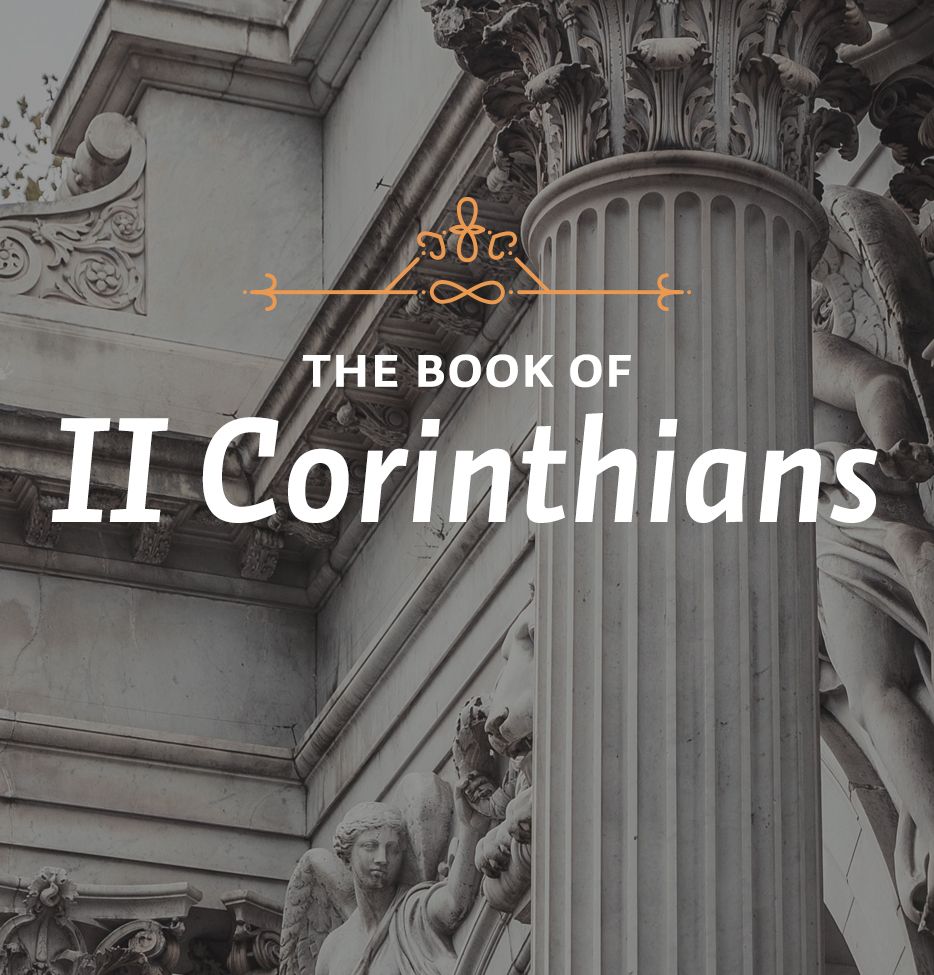Paul said examine yourself. So how can we do that? In John’s first letter, he was writing to people who were shaken up because of the Gnostics – people who had come into their midst professing a greater measure of enlightenment. Gnosticism is a technical term for a philosophy that grew to become a damaging influence later on in the church.
The Gnostics taught that everything the apostles had said was good but insufficient. They advocated a so-called superior kind of knowledge, knowledge based on a philosophical approach to religious truth. The Gnostics said that this philosophical knowledge was necessary for salvation. And perhaps because they were more intellectually gifted than the Corinthian believers, many of the normal members of the church were shaken. They said, “Is this true? Are we really not saved? Are we really just in a preparatory phase?”
That very problem was the motivation behind John’s first epistle. John said several times, in a variety of contexts, that there are three great tests by which we can measure whether the work of regeneration has actually been done in our heart. First is the test of obedience. Are you keeping Christ’s commandments?
John is not referring to keeping the commandments perfectly. None of us does. That is why he wrote, “If we claim to be without sin, we deceive ourselves and the truth is not in us” (1 John 1:8). We sin daily in thought, word, and deed. Rather, John’s point is about whether we are trying to keep Christ’s commandments. When you read the Bible, and you understand what it is that Christ is asking you to do, is there something within you that says, “Yes, I must do that because I am Christ’s follower?” If you can search your heart and see that that is the case, however imperfectly you may obey in the actual working out of it, if you have a desire to obey God’s Word, that is the first great evidence.
The second evidence has to do with truth. Do you believe that Jesus Christ is actually God come in the flesh? Or are you fighting this teaching? Perhaps you are saying, “I’ve been in the church for many years. This is where my parents went. If I leave, somebody will not think well of me. That is why I am here. But, really I do not believe all of what I find in the Bible.”
If that is the case, then you are no Christian, because when you read the Bible, it is the voice of God; it is the Word of God. If you are a child of God, you will respond to the voice of your Father in heaven. Suppose you read these things and say, “There is much there I don’t understand, but I want to understand it. What I do understand, I believe. Even if I have trouble believing some of the teachings, I want to believe them. Lord, help my unbelief.” If you are saying that, then you are a child of the truth as opposed to being a child of lies who follows the devil, who is the father of lies. That is the second test.
The third test is love – love for your brothers and sisters in Christ. In John’s first epistle he expounds at great length upon the commandment that Jesus gave his disciples in the Upper Room. John writes: “Yet I am writing you a new command; its truth is seen in him and you, because the darkness is passing and the true light is already shining. Anyone who claims to be in the light but hates his brother is still in the darkness” (1 John 2:8-9).
John is explaining the third way that you can test whether you have really been born again. Do you find in your heart, as you associate with people, that those you are closest to – those you really love, those you want to love, those you want to be with and support – are Christian people? If you can be indifferent to Christians, and you say: “I do not care about them; my friends in the world are a great deal more fun, and I’d rather spend more time with them,” then you are not born again. But if, when you get together with Christian people and talk about these godly things and share what is dear in your heart (even though oftentimes Christian people can be quite difficult to get along with, yet you recognize that your true home is with the people of God), then that is evidence of your regeneration.






